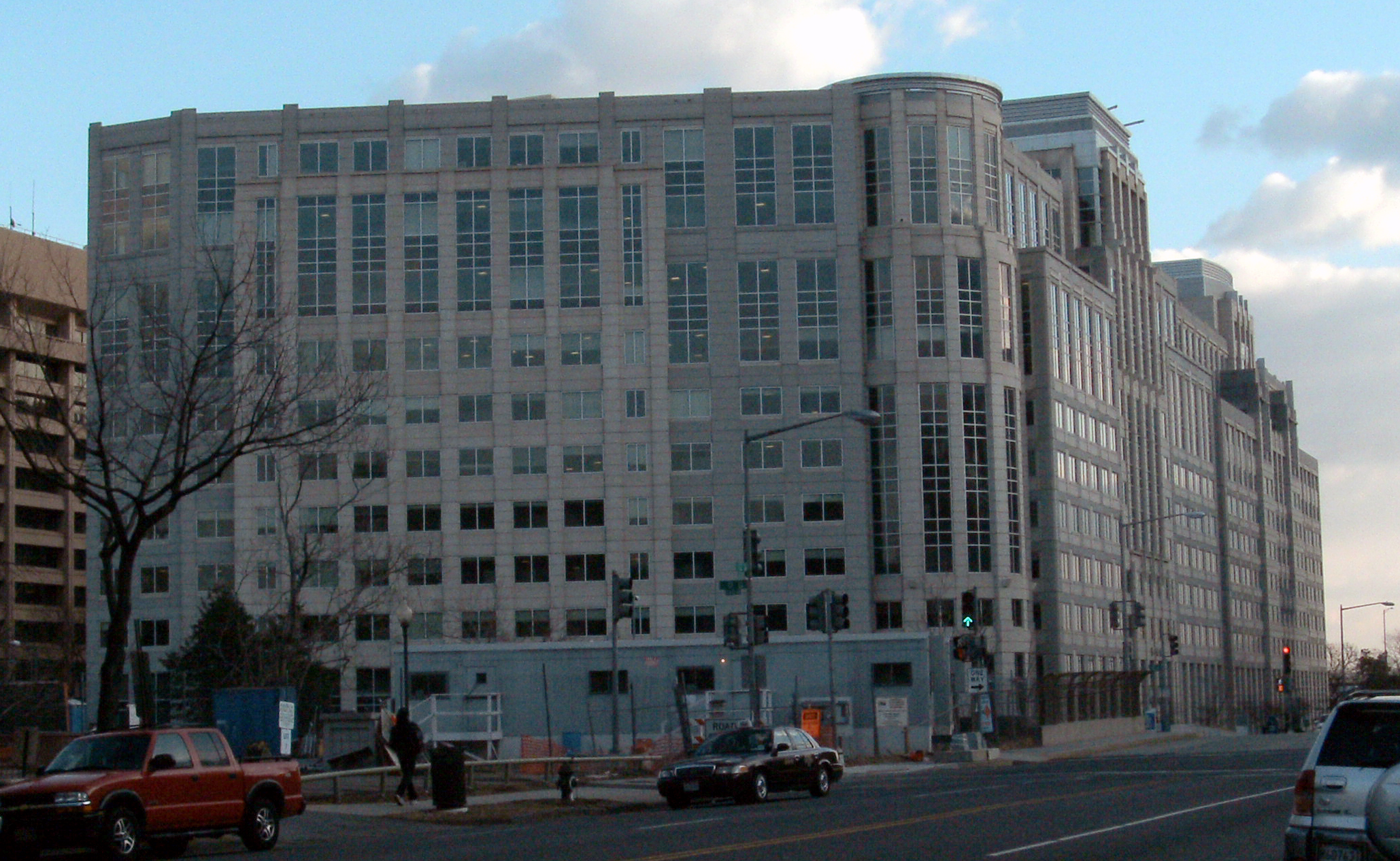
SANTA FE, N.M. – Several migrants told New Mexico lawmakers Monday that they were denied medication and adequate treatment while detained inside two different federal immigration facilities in the state.
At a legislative hearing in Santa Fe, a man originally from Mexico described being denied care while he was held at Otero County Processing Center. Meanwhile, Joselin Mendez, of Nicaragua, blamed the death of Roxsana Hernandez, a Honduran transgender woman who died in the custody of the U.S. Immigration and Customs Enforcement, on the lack of sufficient medical treatment.
Like Hernandez, Mendez also had been held in Cibola County’s transgender unit after first arriving in the United States with a caravan of Central American migrants. Mendez said she is seeking asylum after escaping threats and violence in Nicaragua because of her gender identity.
“Upon arriving in the United States I was treated like a criminal, chained terribly, mistreated,” Mendez said in Spanish during the hearing. “I was discriminated against by being put in solitary confinement while defending my rights, just like my ‘sister’ Roxsana.”
Lawmakers heard the testimony as they weighed how they might exert more oversight at the state level over privately operated detention centres for migrants in New Mexico, where ICE has agreements with private companies and counties to operate the facilities.
Rep. Antonio “Moe” Maestas, D-Albuquerque, said lawmakers have the authority to regulate private industries, and that opens up potential for more state oversight of the for-profit detention companies.
In a statement, ICE spokeswoman Leticia Zamarripa said the agency takes the health and safety of its detainees very seriously, making sure they receive comprehensive care from the moment they arrive in a facility.
She also said the agency has an independent, rigorous oversight process for facility inspections and reviewing allegations concerning conditions.
Lawmakers said representatives for ICE and the private companies declined invitations to speak at the hearing.
The Otero County facility, located about 29 miles (47 kilometres) north of the U.S.-Mexico border, serves as a processing centre and is operated by the private corrections company GEO Group. The Cibola County facility is operated by CoreCivic.
Both of the New Mexico facilities have the capacity to detain more than 1,000 people, said Adriel Orozco, an attorney for the New Mexico Immigrant Law Center.
He urged state lawmakers in Santa Fe to enact a measure that would prohibit counties from entering into new agreements with ICE and for-profit companies to expand or add immigrant detention centres in the state. A similar measure was signed into law in California last year.
Also in California, three local law enforcement agencies have cancelled contracts with federal immigration officials in recent months to house suspects facing deportation.
In New Mexico, counties can contract with ICE to serve as a pass-through for payments to for-profit companies that are tasked with operating the detention facilities. After the county receives money from ICE, it keeps a small portion of the federal funds and sends the rest to the private companies.
“If you’re taking our money then tell us what you’re taking it for and how you’re using it,” said Rep. Jim Dines, R-Albuquerque, who sought to address the parameters for oversight potential for the state. “If there’s allegations of inhumane treatment to anybody … it deserves some action.”